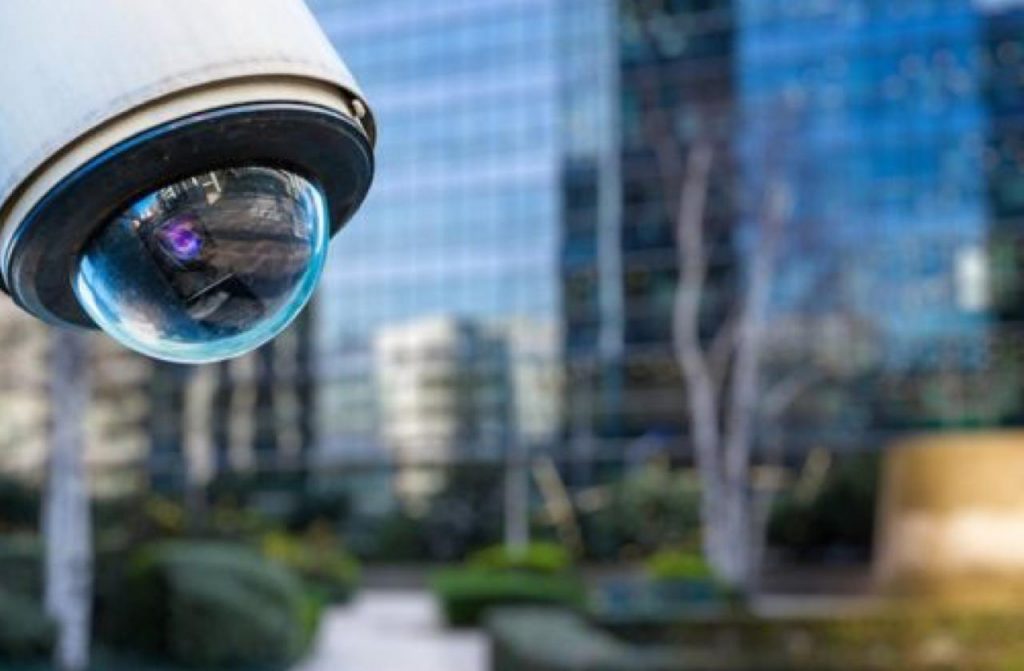Security cameras that have been now set up the King’s Cross area of the capital now use facial recognition technology, which recognises and tracks thousands of people who visit the area.
Will Canary Wharf also set up facial recognition?
It it is thought that there is a possibility that Canary Wharf will also follow suit in using this technology, meaning that facial recognition could end up spanning more than 160 acres of the city.
The Canary Wharf Group, which is the firm that owns both public spaces and private offices in the area, has been in active talks with facial recognition suppliers to do a pilot scheme using this technology in an area that 140,000 people walk around daily. The Canary Wharf estate also includes many high-profile financial businesses amongst many others, such as HSBC, Credit Suisse and Barclays bank.
What is the distance of this facial recognition in King’s Cross?
It is though that the facial recognition technology set up in security cameras in King’s Cross covers more than 67-acres. This includes covering buildings such as Central Saint Martins college, Google’s UK headquarters and a range of schools and retailers.
Nevertheless, if the technology did end up being implemented in Canary Wharf, its scope would be limited: it would not be allowed to continuously operate on employees and pedestrians, but only to specific threats.
Why is facial recognition technology being used?
Developer’s for the King’s Cross estate have said that the installation of these high-tech security cameras has been introduced in order to provide greater security. It has also been highlighted that whilst these cameras do have facial recognition features they also use sophisticated technology that means that the privacy of the general public is also protected.
What about general data protection laws?
The use of facial recognition technology in security cameras in King’s Cross has not been without controversy, with experts questioning how this abides by current data protection laws in the UK.
For example, data protection laws in the country state that collection personal data (such as people’s faces) needs the explicit consent of those who are being observed.
The UK regulator for data protection, the Information Commissioner’s Office, said that it will be further investigating the use of facial recognition technology being used by public and private companies, in order to assess its potential privacy risks.
Where else is facial recognition technology being used?
It is worth highlighting that facial recognition technology is becoming increasingly commonplace. Take for example the fact that at least two police forces in the UK have been trialling these systems (London’s Metropolitan Police and the South Wales Police) and also convenience stores (such as Budgen’s) and supermarkets including Marks and Spencer, Tesco and Sainsbury’s.
Each of the aforementioned stores are already using, or will soon implement systems that mean facial recognition technology can be used for a wide range of purposes, including crime prevention and age detection for buying cigarettes or alcohol.
